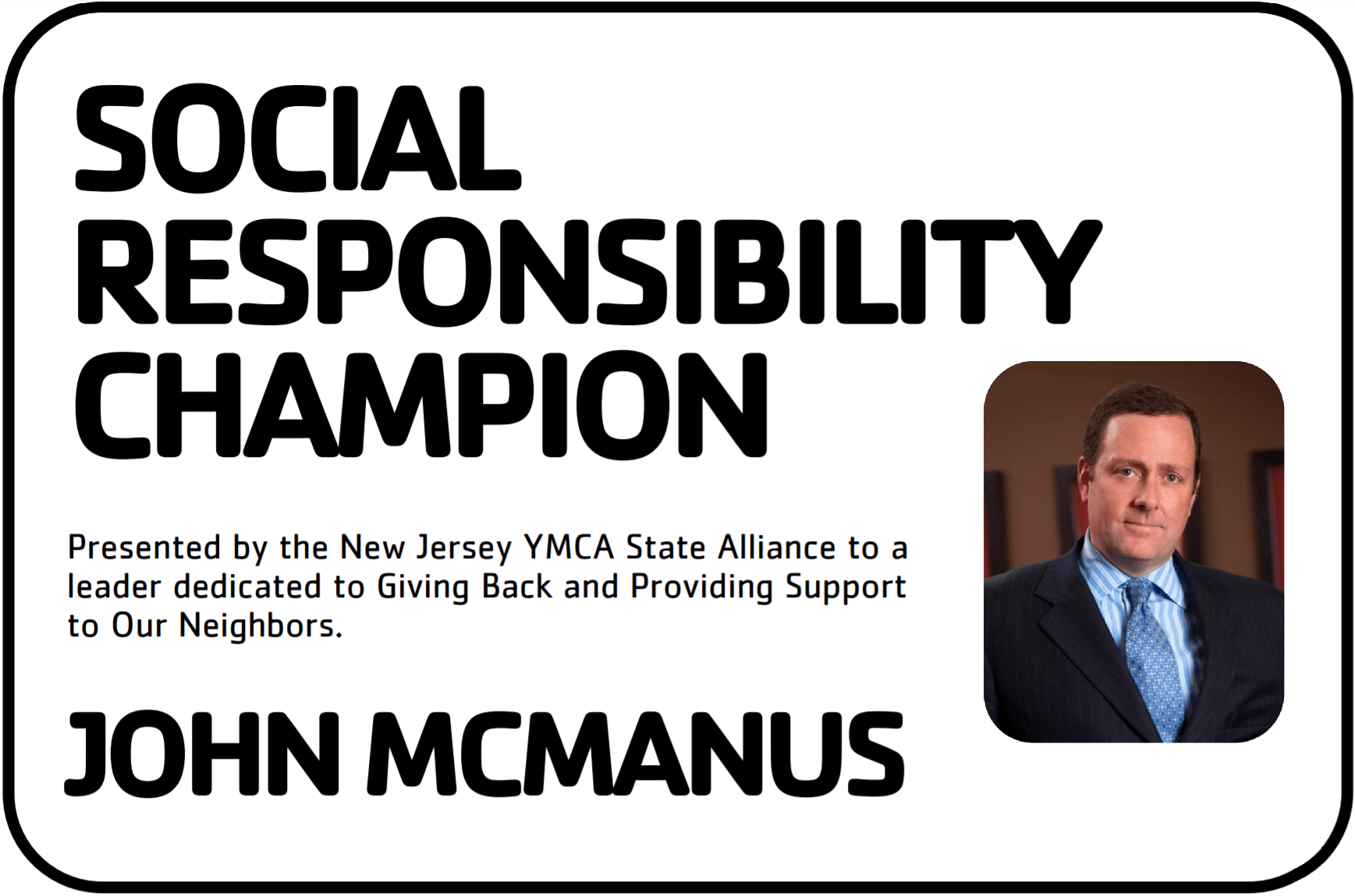The article below, for which John O. McManus was interviewed as an expert source, was published by Thomson Reuters Regulatory Intelligence:

INSIGHT: New red flags for investment firms as charitable season meets donor fund boom
Oct 30 2018 Richard Satran, Regulatory Intelligence
The end of the year is high season for charitable donations — and with investment firms assuming a leading role in philanthropic giving, they face red flags and challenges. Compliance risk is rising for wealth managers trying to match the philanthropic clout of Fidelity, Vanguard, Goldman Sachs and others that have created charitable funds.
The vehicle of choice is the donor-advised funds that have boomed in recent years by offering investors a simplified one-step vehicle for tax-advantaged philanthropy. Some investment professionals have run into problems by assuming that a lack of rules hard rules for giving away money makes it easy: Specialists, however, warn that philanthropic giving is a complex venture that poses risks for investment professionals crafting their own tax-advantaged vehicles for clients.
Securities regulators have taken an increasing number of disciplinary actions against a more than a dozen investment professionals over the past year in an enforcement arena that had largely been the domain of state regulators and the Internal Revenue Service.
Hundreds of thousands of accounts
Enforcement cases have ranged from violations of marketing and sales practice rules of the Financial Industry Regulatory Authority to a Securities and Exchange Commission $9 million investment adviser’s fund diversion scheme last December using a charitable foundation as as vehicles for fraud.
Compliance teams at brokerage firms and investment advisories are seeing a flood of new clients seeking advice on philanthropies and private foundations. With 10,000 Americans reaching age 65 each day, new controls will be needed as clients shift gears from accumulating assets to managing and passing on wealth. Investment firms are looking for ways to remain relevant as trillions of dollars in assets hit the transition point.
“There is a large group of financial advisers who have begun to feel their business is a commodity, and to solve for the commoditization they feel a need to become more involved in ancillary issues,” said John O. McManus, attorney for the estate planning law firm, McManus & Associates. “We see a lot of mistakes and mismanagement and firms needing help fixing issues.”
“Mass affluent” become most philanthropic
Problems arise when investment professionals overstep their expertise in offering services that involve far more complex legal and accounting requirements than transactions and retirement planning. Some are misled by the fact philanthropic ventures are relatively free of regulatory oversight. But there is deceptive complexity in managing charitable activities for clients, and increasing scrutiny on investment and advisory professionals dealing with senior investors making difficult choices.
Setting up private foundations has been the routine for high net-worth individuals with the money to hire professionals in accounting, law and finance. The industry is being hit with a growing wave of middle-income or “mass affluent” who are increasing their giving while wealthier, tax-conscious individuals have slowed their charitable contributions, which have been made less attractive by tax cuts and revisions.
“Fuse is lit” at end of year
The end of the year brings the scramble for clients and firms to decide contributions. The “fuse is lit at the end of the year,” as they race against a deadline to put funds to work to take advantage of tax breaks for the next year’s taxes. The initial setup work for a private foundation may be relatively simple and quick, but follow-up reporting can place an continuing burden that can be onerous for firms and perilous for clients. Privately-funded charities, for example, must report every transaction separately, unlike retirement accounts. Private foundations require board meetings and minutes carefully documented.
“There are ever-changing laws and operations need to be updated to meet them,” said Tamara Surratt, president and chief executive officer of Legacy Family Office. “People think that there are all kinds of rules on who you can give to. It’s true, you have to be careful about giving to a apolitical organization or campaign, or for anything that gives you a personal benefit. But that is not the biggest concern.”
The boom in donor-advised funds offered by most large brokers and fund companies has provided a way for individuals to avoid the complication and cost of a private foundation, and hundreds of thousands have used the alternative. Fidelity’s donor fund has become the largest charitable foundation, surpassing United Way two years ago. The assets of the donor advised funds are expected to top $100 million this year after quadrupling over the past five years.
Funds get “gift that keeps on giving”
The funds themselves have found a comfortable niche, although the philanthropic community has viewed them anxiously and criticized the fund sponsors for being lured by “the gift that keeps on giving” — since firms collect fees on funds they can hold and manage for years without any requirement to give them to away. They are not bound, as non-profit foundations are, to put 5 percent of their assets into the hands of beneficiaries. They have on average paid out about 20 percent, but there is no legal obligation to do so.
“The donor advised funds are really offering a service to their clients. The fees are low, and it’s not a big profit center for them. It’s a perfect choice for smaller charitable contributions, ” said McManus, although individuals with over $500,000 to contribute to tax-advantaged charities can justify the accounting and legal professionals costs required of a private foundation.
“I would hope the UBSs and Merrill Lynchs of the world would educate their advisers on the pitfalls that could befall managing a foundation,” said Surratt. “It should be flagged and there should be resources allocated to that individual. There are a whole host of things to be considered. The average investment professional is schooled in managing investments, or gathering assets. Not running a private foundation.”
Single missed payment
Wealth managers often look for ways to partner with accountants and law firms to manage the wealthy client who sets up private funds. The agreements are ripe for problems if the reporting responsibilities are not made clear from the start, said McManus. A single missed disclosure or missed payment can jeopardize the foundation’s status, he added. But the private fund route allows the wealth manager and client more control over the process and allows for “an enduring charity, with a family ethos, with participation that keeps families together.”
The donor advised funds give control to the firm managing the account and take care of compliance issues on the fund level, providing a practical way for small investors to do tax-advantaged contributions. Charitable gift annuities are another way that small investors can make donations directly to a qualified charity. Tax law changes have made possible qualified charitable distributions from individual retirement accounts, which are a simple way to covert required minimum distributions into a tax-advantaged contribution without itemizing deductions.
The increasing popularity of such investments will place demands on compliance to make certain clients interests are being served at a time when retail protection of seniors is a top priority for securities regulators.
Firms need conversation with clients
“It is one of the biggest issues facing the industry and it is important to understand the implications of the huge wealth transfer coming over the next 10 to 20 years,” said Surratt. ”It’s incumbent on advisers to be thoughtful and think of what is the best interest of clients and to think long term about what legacy they wish to leave.”
Firms need to make certain that brokers are having conversations with clients to make certain the right choices are being made and that they understand the complex transactions involved.
“These are really important conversations to have,” said Surratt “It will be difficult at firms where brokers are managing large books of clients, but it is absolutely those are really important conversations on a regular basis and for firms’ leadership to set the culture to make it possible.”
(By Richard Satran of Thomson Reuters Regulatory Intelligence.)
Richard Satran is a financial journalist covering daily and emerging issues for Thomson Reuters Regulatory Intelligence.





 ⟩
⟩ ⟩
⟩ ⟩
⟩ ⟩
⟩ ⟩
⟩ ⟩
⟩